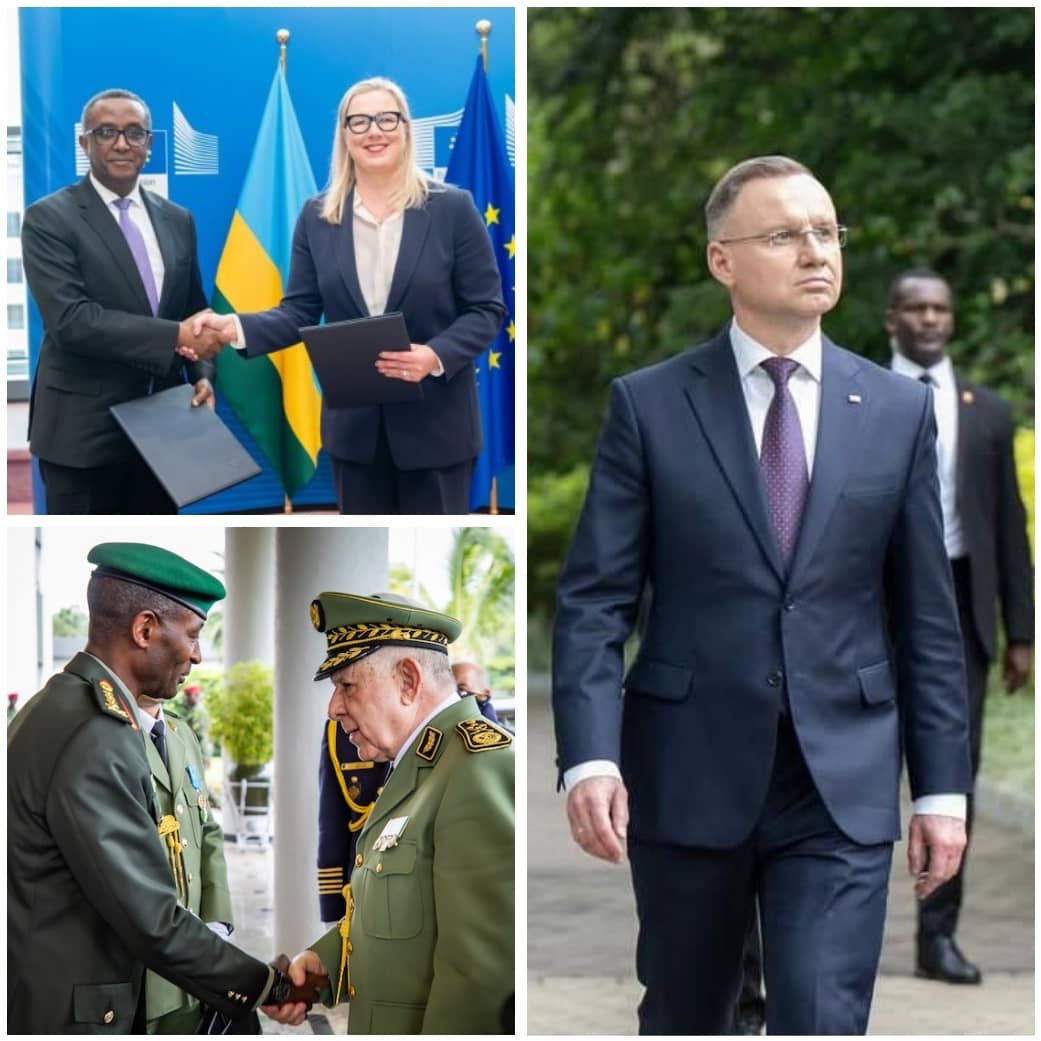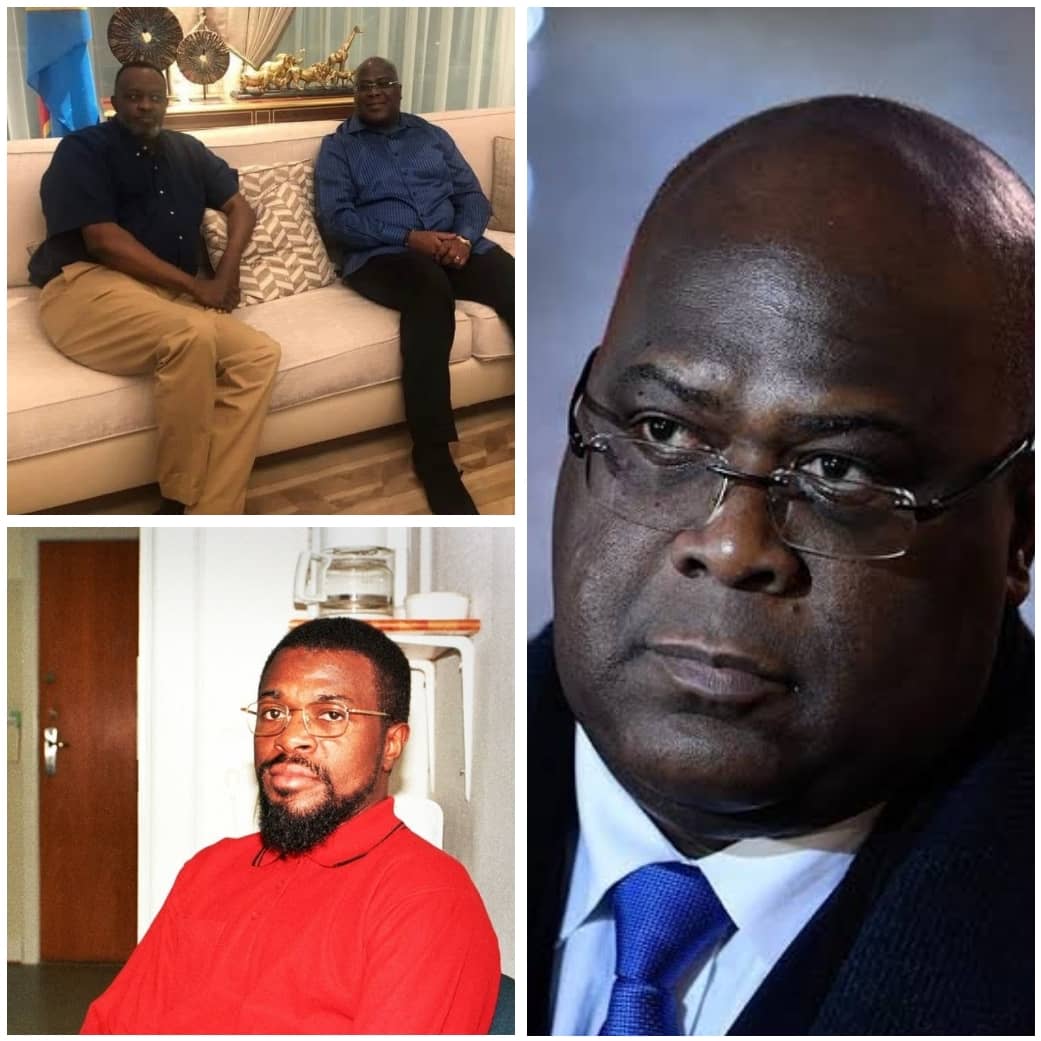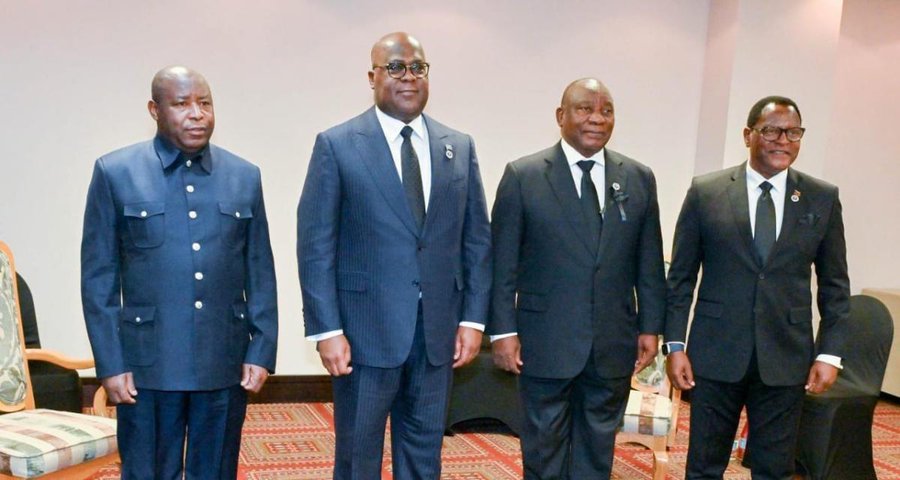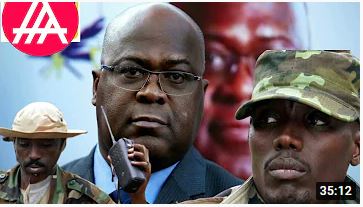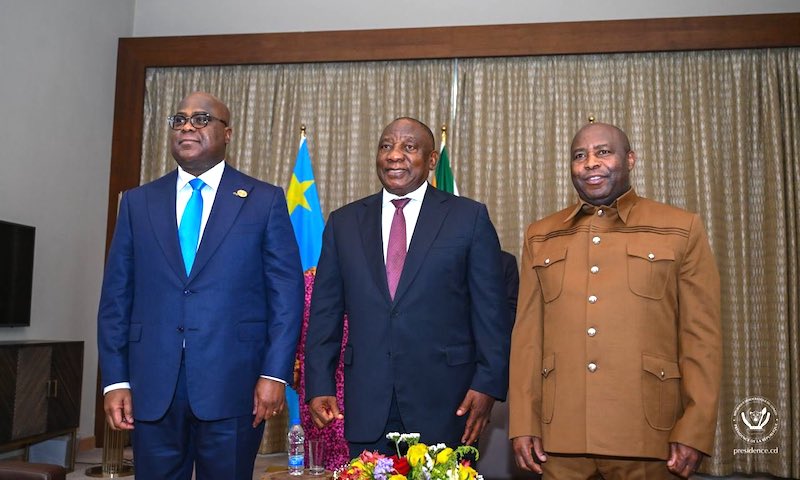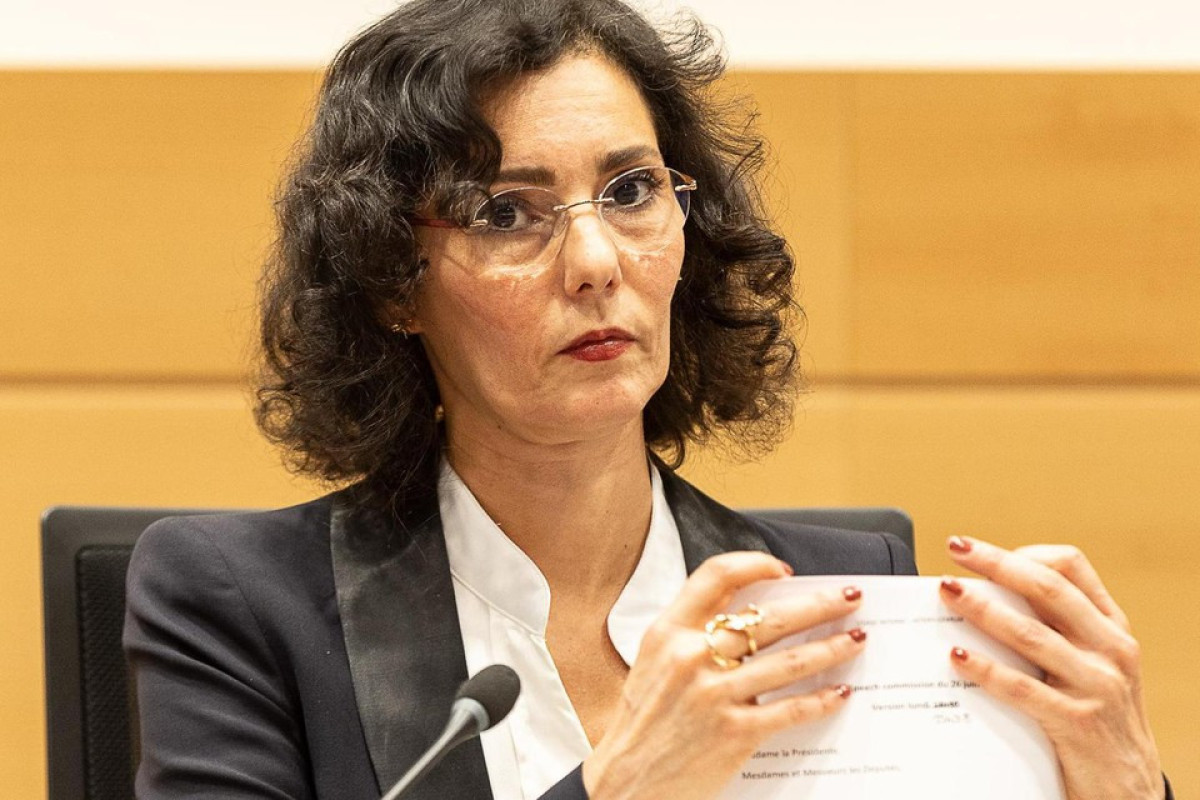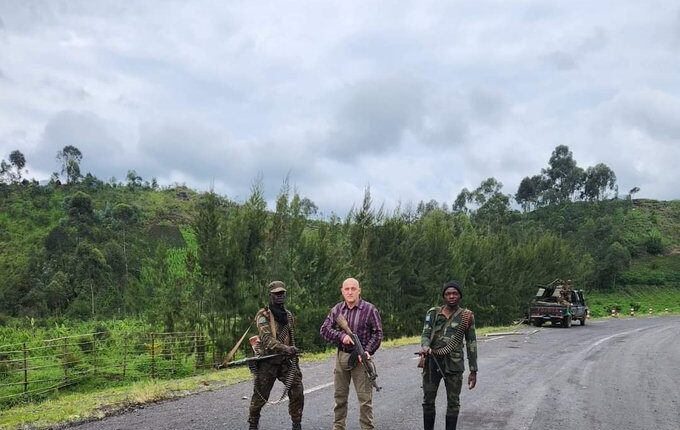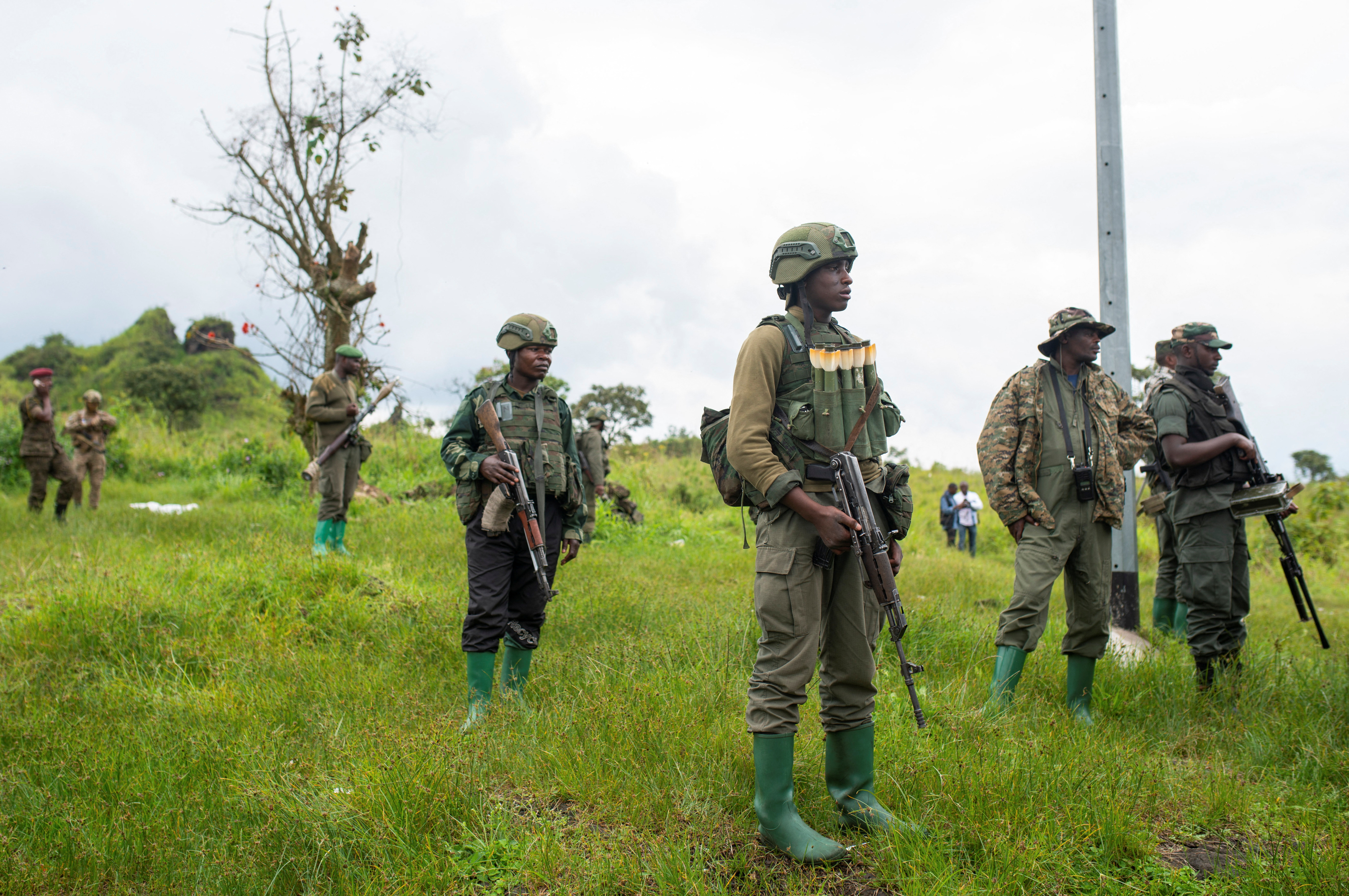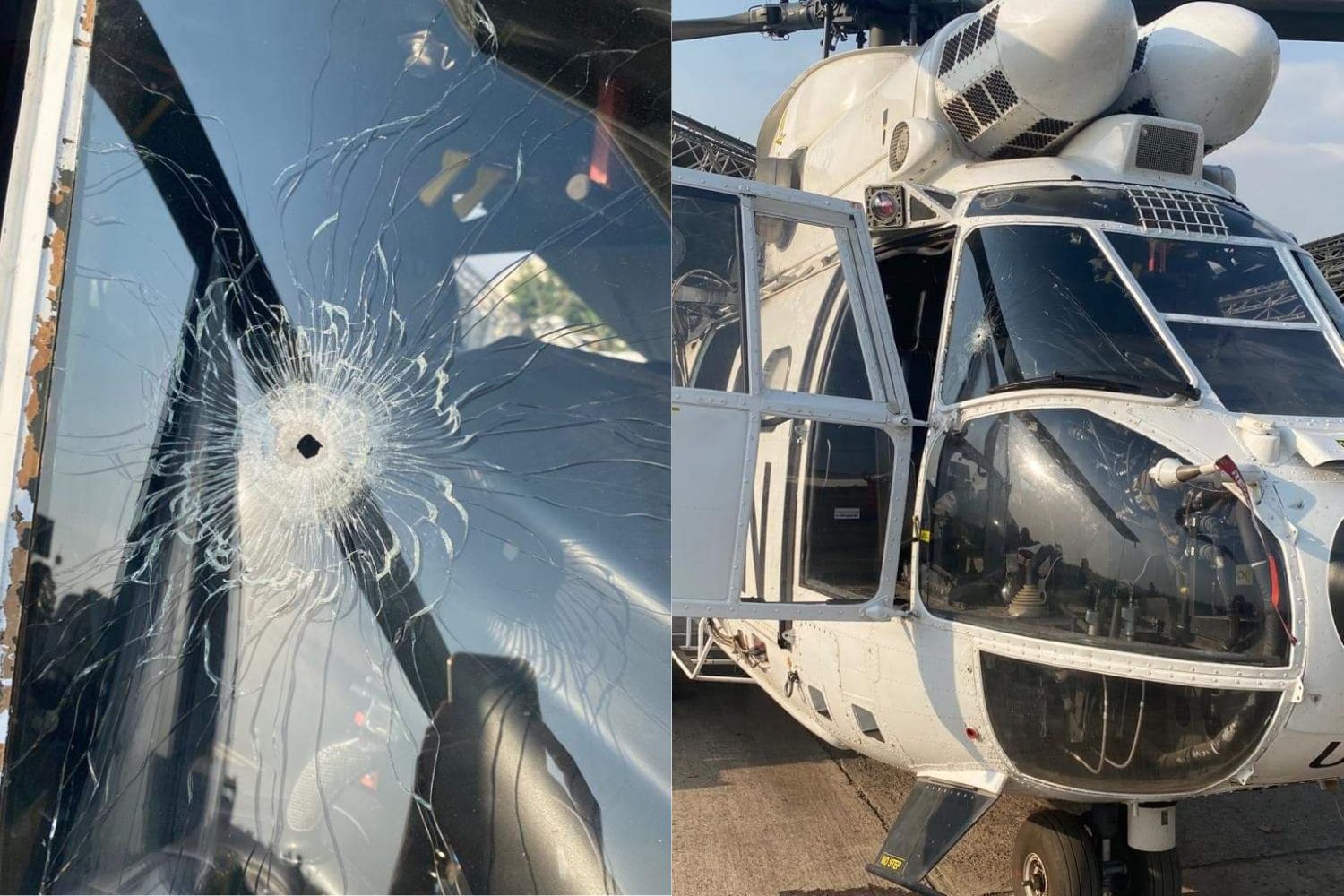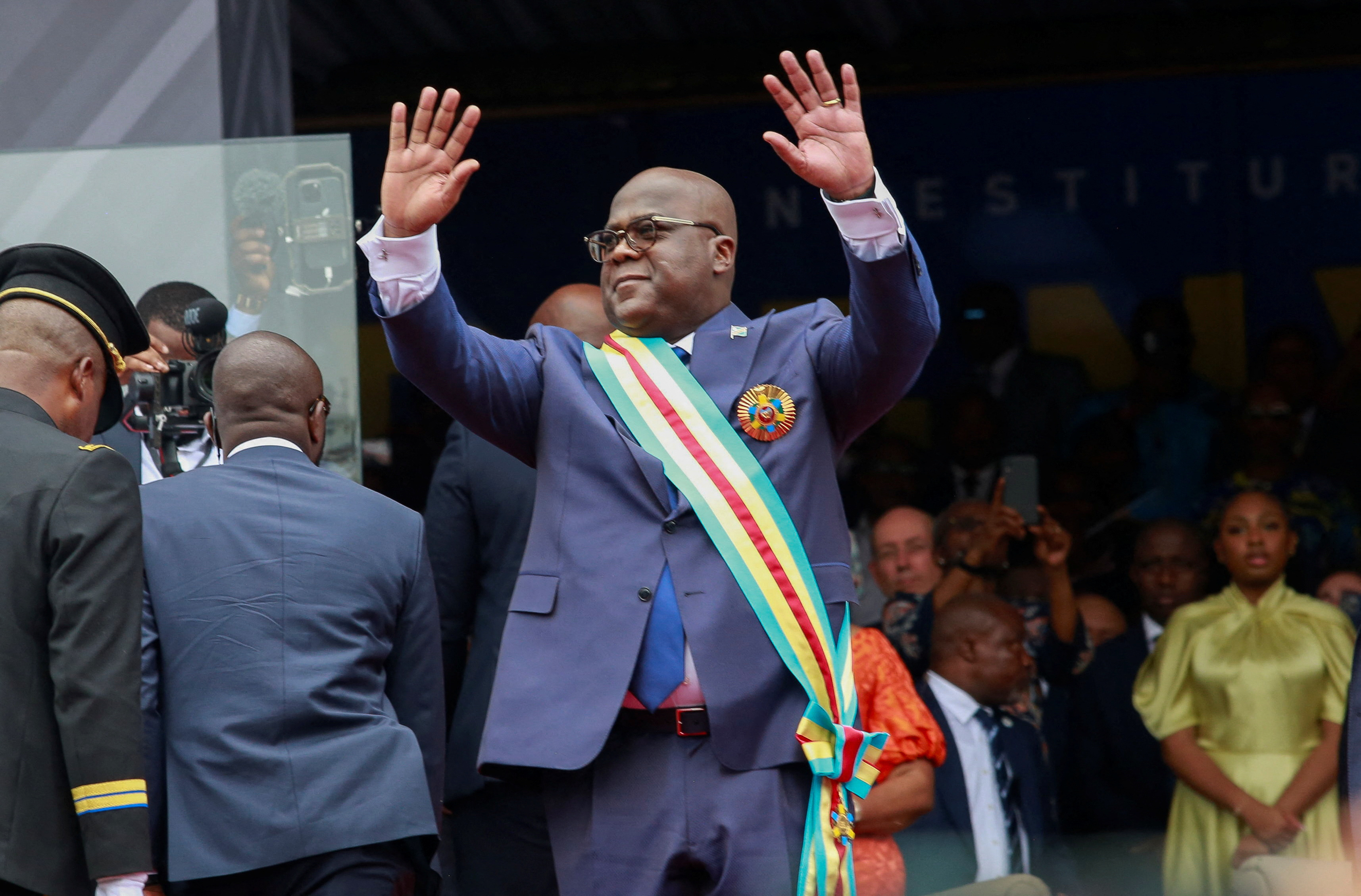Regional
Would a Kagame, Tshisekedi meet end war in eastern DRC?
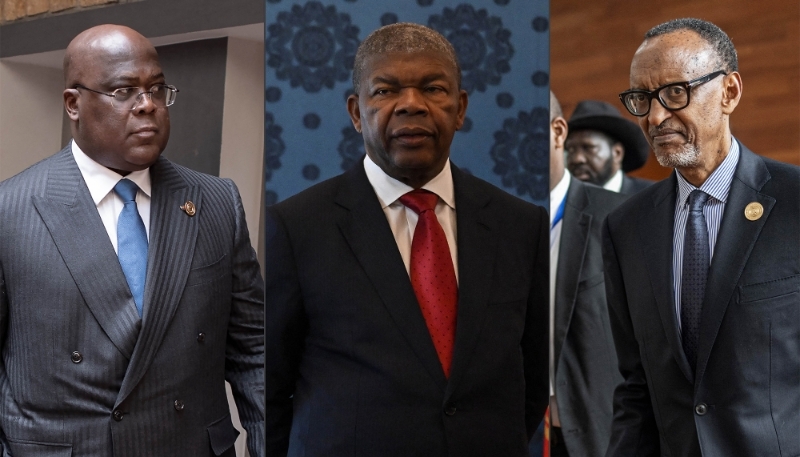
After
presidents Paul Kagame of Rwanda and Felix Tshisekedi of DRC travelled to
Luanda, Angola, and separately met President Joao Lourenco, Angolan Foreign
Affairs Minister Tete Antonio, announced that the leaders of the Rwanda and DRC
agreed, in principle, to hold a bilateral meeting.
The
meeting will, as expected, focus on the frosty relations between the two
countries and the war in eastern DRC. Tete further said that ministerial
delegations from both sides will do the preparation work for the meeting.
President
Lourenco, acting as the mediator appointed by the African Union, will
facilitate the meeting between the two leaders, although no specific date was
set. The development raised optimism among stakeholders and observers; with the
hope that the decades long crisis in eastern DRC is finally coming to an end.
However,
keen political observers believe that a mere blank cheque meeting between
Kagame and Tshisekedi will not be different from others in the past, that ended
with no tangible positive results.
If the
meeting between the two heads of state is to be fruitful, there are certain
issues that must be agreed upon by the ministerial delegations before the two
presidents meet.
The
root causes of the problems
Tshisekedi
has, on several, occasions said that he will not talk to or negotiate with the
M23 rebels, whom he claims are terrorists. He has also, ceaselessly, blamed
Rwanda for allegedly being the cause of the conflict in eastern DRC. Tshisekedi
claims that the government of Rwanda is supporting M23 rebels, an accusation
Rwanda has repeatedly denied, and requested that the Congolese government
should, instead, focus on addressing the root causes of the conflict.
The
crisis in eastern DRC is older than President Kagame; and it results from the
continuing discrimination and harassment of Congolese Banyarwanda. The latter
have been denied their fundamental rights as legitimate Congolese citizens. The
Congolese Tutsi have specifically been targeted by hate speech, killing,
lynching, cannibalism and other inhumane acts.
This
injustice is what prompted the M23 rebels to take up arms to fight against
government forces. The rebels are fighting for their survival and protection of
the Congolese Tutsi community.
In
order for Kagame and Tshisekedi to have meaningful talks, Kinshasa must own up
and acknowledge that the Congolese Tutsi are legitimate citizens whose rights
that must be restored, unconditionally.
Kinshasa
must accept that the problem in eastern DRC is an internal political problem that
requires a political solution rather than military approach.
Tshisekedi
should refrain from diverting attention that the problem is economic and
therefore, Rwanda is fuelling the crisis because it is interested in his
country’s mineral resources. If the problem in eastern DRC was simply about
mineral resources, then the Congolese
government should be wise enough to look beyond Rwanda and address its issues with the age old plunderers
of Congolese resources.
The
powerful Western companies, or countries, that have plundered - and continue to plunder - Congolese natural
resources are well known. Kinshasa should stop the denial. Scapegoating Rwanda,
a resilient nation focused on its own development after the 1994 genocide
against the Tutsi, will not help.
It is
also cynical to insinuate that minerals are more important than the lives of
Congolese Tusti who are facing an existential threat - the genocide ideology
being spread by the FDLR militia group that the Congolese government harbours.
Rwanda’s
concerns
An
October 2022 Human Rights Watch report
noted that the Congolese army supplied arms and ammunitions to FDLR, a
genocidal militia formed by remnants of the perpetrators of the 1994 genocide
against the Tutsi. The FDLR is not only operating in eastern DRC but it is
incorporated into the Congolese army.
Their
aim is to attack Rwanda and ‘complete the genocide against the Tutsi,” as they
say they never completed it in 1994. This constitutes an existential threat
against the people of Rwanda, and is a serious threat to the region.
The
FDLR has been integrated within DRC forces, FARDC, and the presidential guards.
FDLR commanders have been given the responsibility to lead the Congolese
militia known as Wazalendo. The buildup of FDLR and affiliated militia pause
security threats to the territorial integrity of Rwanda, given the fact that
their positions are close to the Rwandan border.
Apart
from issuing statements distancing itself from FDLR, which is only done to
hoodwink the international community, Tshisekedi should ensure that FDLR is
denied sanctuary and support, followed by disarmament and repatriation to
Rwanda.
Embrace
Nairobi and Luanda Peace processes
The
deployment of the East African Community regional force (EACRF) in eastern DRC
had brought relative peace, but Tshisekedi did not allow them to stay long
because they refused to fight M23 rebels. EAC leaders had prioritised a
political solution, something that angered Tshisekedi.
Soon
after EACRF's forced departure, Burundian and especially South African troops,
started to make inloads and fight the M23. This was a clear indication that
Tshisekedi had violated the peace process and opted for military confrontation.
The
situation on the ground shows that FARDC and its coalition are losing more
territories to the M23 rebels. People who fight for a just cause, as history
has proven, do not easily give up, or get defeated. The question is how long it
takes them to achieve their objective.
Tshisekedi
must agree to abandon the senseless war option and return to a peaceful
settlement of the conflict with his own people, and not with Kagame.
The
question of Congolese refugees and displaced persons
By the
end of 2023, it is estimated that nearly six million people have been displaced
by the war in DRC, while more than one million refugees are scattered in
neighboring countries. Rwanda alone hosts more than 75,000 Congolese refugees.
The Congolese government has not shown any concern that the refugees are their
citizens who need to return home and live decently.
The
DRC is a vast country in sub-Saharan Africa occupying some 2.345 million square
metres, and cannot fail to find safe places to settle their citizens. Refusal
to repatriate them confirms that they are discriminated and unwanted in their own
country.
Tshisekedi
must repatriate Congolese refugees and ensure their safety within their
country.
Without
setting parameters of the much anticipated talks between Kagame and Tshisekedi,
under the facilitation of Lourenco, the meeting will only be a photo session
with no tangible resolutions. The discrimination and persecution of Congolese
Tutsi will rage on and the war will inevitably continue taking a toll on human
suffering and loss of lives.



